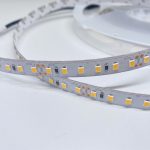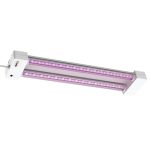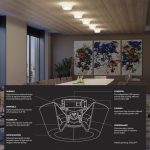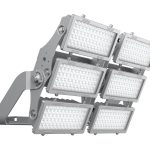Sleep Better: How Avoiding Blue Light Can Improve Your Rest

Sleep is a crucial aspect of our lives that often goes overlooked. In today’s fast-paced world, it’s not uncommon for people to sacrifice sleep to get ahead in their careers or keep up with their social lives. However, studies have shown that lack of sleep can have severe consequences on our physical and mental health. Fortunately, there are many ways to improve the quality of our sleep, and one of them is by avoiding blue light. Blue light is a type of light that is emitted by electronic devices such as smartphones, laptops, and tablets. Exposure to blue light can suppress the production of melatonin, the hormone that regulates sleep, and disrupt our circadian rhythm. This can make it harder to fall asleep and stay asleep throughout the night, leading to fatigue, mood swings, and other health problems. By taking steps to reduce our exposure to blue light, we can improve the quality of our sleep and wake up feeling refreshed and energized.
Blue light is a high-energy, short-wavelength light that is emitted by electronic devices such as smartphones, laptops, and TVs. Exposure to blue light suppresses the production of melatonin, a hormone that regulates the sleep-wake cycle. This makes it harder for individuals to fall asleep and stay asleep, leading to disrupted sleep patterns and can even lead to insomnia. Blue light also affects the circadian rhythm, the internal biological clock that regulates a variety of physiological processes, including sleep. By avoiding blue light exposure before bedtime, individuals can improve their sleep quality and reduce the risk of sleep-related disorders.
Quality sleep is essential for our overall well-being and is just as important as a healthy diet and regular exercise. It plays a crucial role in maintaining physical and mental health, improving cognitive function, and enhancing our mood. Lack of quality sleep can lead to a range of health problems, such as obesity, diabetes, cardiovascular disease, and mental health disorders. Additionally, it can negatively impact our productivity, concentration, and memory, making it difficult to perform daily tasks effectively. Therefore, it is crucial to prioritize quality sleep by avoiding blue light exposure and establishing a regular sleep routine to ensure we are getting the rest we need to function at our best.
What is Blue Light?
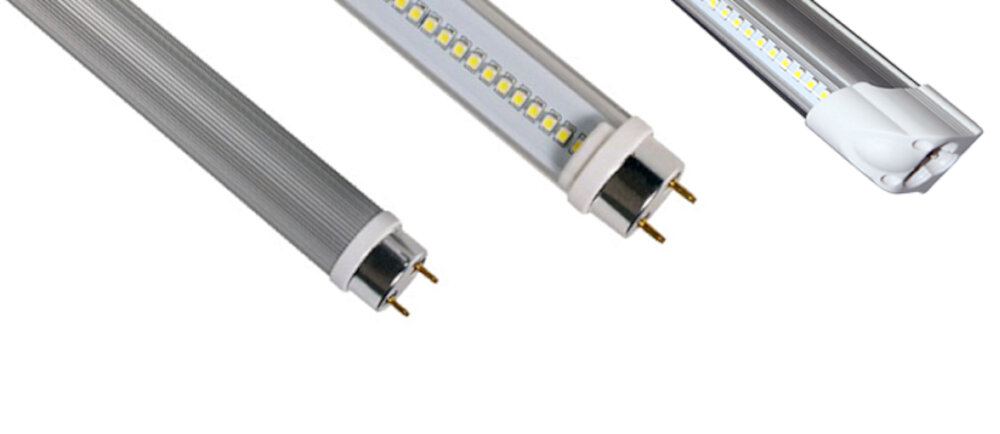
Blue light is a type of light that is found in the visible light spectrum with a wavelength between 400 and 500 nanometers. This type of light is often emitted by electronic devices, such as smartphones, tablets, and computers. It is also present in LED and fluorescent lighting, making it difficult to avoid in modern environments. Blue light is particularly harmful to our sleep because it suppresses the production of the hormone melatonin, which is responsible for regulating our sleep-wake cycle. Exposure to blue light at night can cause difficulty falling asleep, staying asleep, and result in poor sleep quality, leading to a range of health issues such as fatigue, irritability, and decreased cognitive performance. Reducing exposure to blue light before bedtime can improve sleep quality and quantity. There are several ways to do this, including using blue light blocking glasses, reducing screen time before bed, and switching to warm-toned lighting in the evening. Several studies have shown that using blue light blocking glasses can significantly improve sleep quality by reducing the amount of blue light that reaches the eyes. Reducing screen time before bed can also help to improve sleep quality by giving the brain time to wind down and adjust to the lower light levels in the environment. Finally, switching to warm-toned lighting in the evening can help to promote relaxation and encourage the production of melatonin, leading to better sleep.
Blue light refers to a type of light that has a short wavelength and high energy, which is visible to the human eye. It is emitted by various sources, including electronic devices such as smartphones, computers, and televisions, as well as fluorescent and LED lights. Exposure to blue light can affect the body’s natural production of the hormone melatonin, which regulates the sleep-wake cycle. In particular, exposure to blue light in the evening can suppress the production of melatonin, making it harder to fall asleep and potentially leading to a disrupted sleep pattern. As a result, reducing exposure to blue light in the evening can be an effective way to improve the quality and duration of sleep.
Blue light is a type of visible light with a short wavelength that emits high energy. It is present in sunlight, but it is also found in a variety of electronic devices, including smartphones, tablets, computers, and televisions. LED lights and fluorescent bulbs are other sources of blue light. While blue light can be beneficial during the daytime as it helps to increase alertness and improve mood, excessive exposure to it at night can disrupt the natural production of melatonin, a hormone that regulates sleep. To avoid the negative effects of blue light on sleep, limiting exposure to electronic devices and using warm-toned light bulbs can be helpful.
Blue light is a type of light that is emitted by electronic devices such as smartphones and televisions. Exposure to blue light can have a negative impact on sleep quality, as it suppresses the production of melatonin, a hormone that regulates sleep-wake cycles. When we are exposed to blue light at night, it can disrupt our natural sleep patterns, making it more difficult to fall asleep and stay asleep. This can lead to sleep deprivation, which can have negative effects on mood, cognitive function, and overall health. To improve sleep quality, it is recommended to limit exposure to blue light before bedtime, by avoiding electronic devices or using blue light blocking glasses.
The Science Behind Blue Light and Sleep
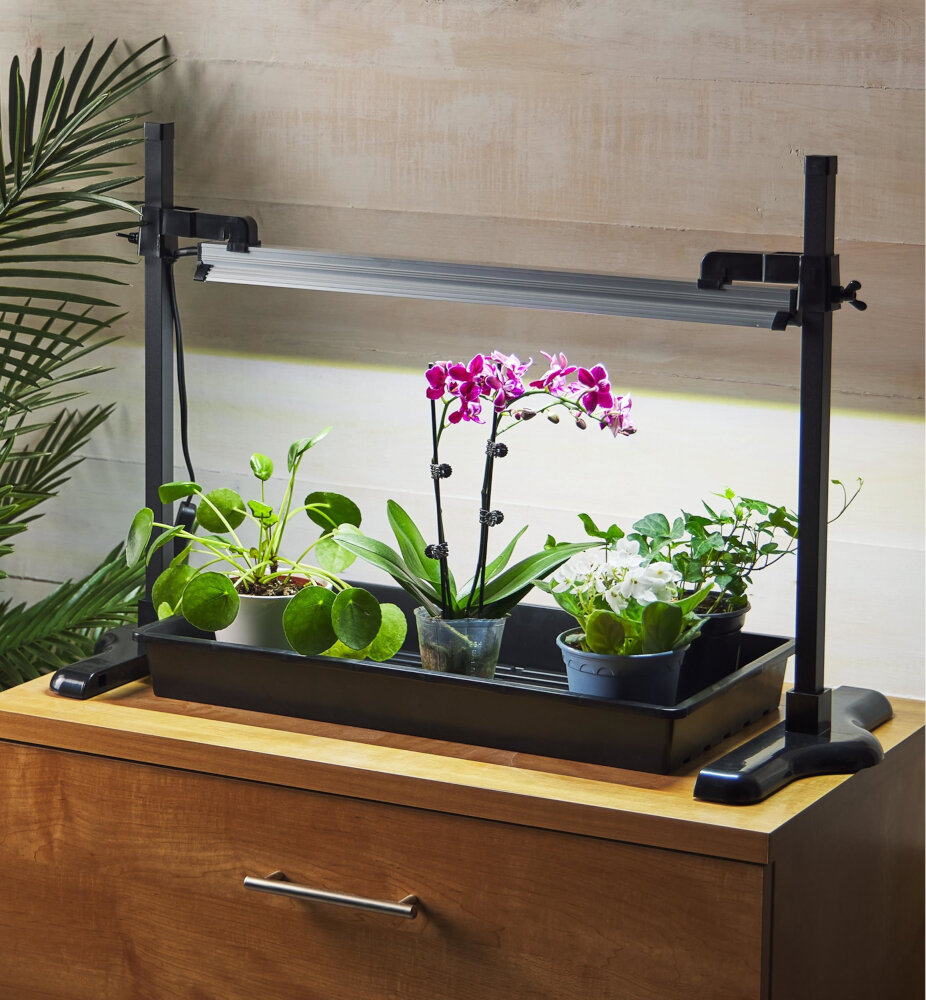
The Science Behind Blue Light and SleepBlue light is a type of high-energy visible (HEV) light that is emitted by electronic devices such as smartphones, tablets, and laptops as well as energy-efficient light bulbs. While blue light has several benefits, including boosting alertness and mood, it can also disrupt our sleep patterns. The reason for this is that blue light suppresses the production of melatonin, a hormone that regulates our sleep-wake cycle. When we are exposed to blue light at night, our body is less likely to produce melatonin, making it harder for us to fall asleep and stay asleep. Studies have shown that exposure to blue light at night can have negative effects on our health, including increasing the risk of obesity, diabetes, and depression. Additionally, blue light can also disrupt our circadian rhythm, which is our internal body clock that regulates our sleep-wake cycle. This disruption can lead to daytime sleepiness, difficulty concentrating, and irritability. To avoid the negative effects of blue light on our sleep and overall health, it is recommended to limit exposure to electronic devices that emit blue light at least one hour before bedtime and to use devices with a blue light filter or wear blue light blocking glasses.
Circadian rhythm refers to the natural, internal process that regulates our sleep-wake cycle, and affects many physiological processes in our body. This cycle is controlled by the suprachiasmatic nucleus (SCN), a tiny region in the hypothalamus of the brain that receives signals from our eyes about the presence or absence of light. The SCN then sends signals to other parts of the brain and body to regulate functions such as hormone release, body temperature, and alertness. Our circadian rhythm is influenced by external factors such as light exposure, and disruption of this rhythm can lead to sleep disturbances and other health problems. Avoiding blue light from electronic devices before bedtime can help regulate our circadian rhythm and improve the quality of our sleep.
Blue light is a type of light with a short wavelength that is emitted by electronic devices such as smartphones, laptops, and televisions. Exposure to blue light before bedtime can significantly disrupt the circadian rhythm, which is the natural 24-hour cycle of physical, mental, and behavioral changes that regulate sleep and wakefulness. Blue light can suppress the production of melatonin, a hormone that is crucial for inducing sleep, and delay the onset of sleep by up to three hours. Additionally, exposure to blue light at night can interfere with the quality of sleep, leading to daytime sleepiness, fatigue, and a host of health problems. Therefore, avoiding blue light in the evening can improve your rest and promote better sleep hygiene.
Melatonin is a hormone that helps regulate sleep-wake cycles and is produced by the pineal gland in the brain. Exposure to blue light, particularly in the evening, can suppress melatonin production, making it harder to fall asleep and stay asleep. Blue light is emitted by electronic devices such as smartphones, tablets, and laptops, as well as by LED and fluorescent lights. By avoiding blue light in the hours leading up to bedtime, you can promote healthy melatonin levels and improve the quality of your sleep. This can lead to better overall health and well-being, as adequate sleep is essential for cognitive function, immune system function, and emotional regulation.
How to Avoid Blue Light
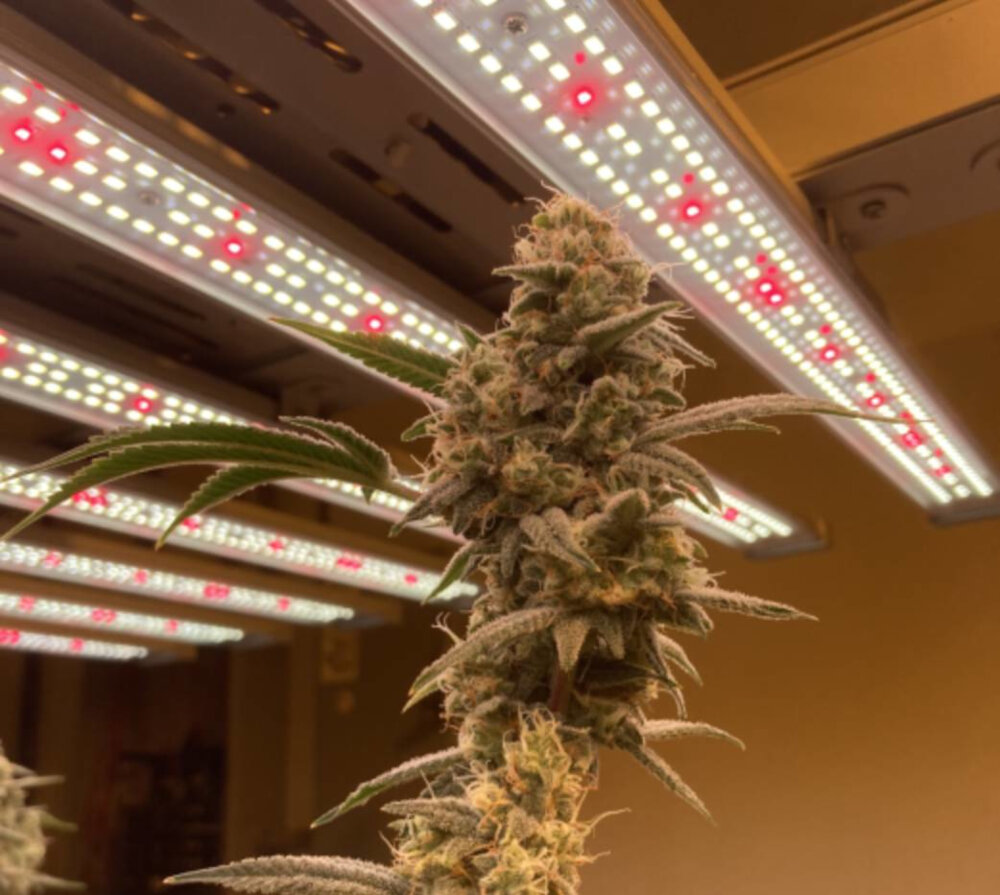
In today’s digital era, it can be challenging to avoid blue light. The blue light emitted by electronic devices such as smartphones, laptops, and televisions can disrupt our sleep patterns and negatively impact our overall health. However, there are various ways to avoid blue light and improve our sleep quality. One of the most effective methods is to limit screen time before bedtime. It’s recommended to avoid using electronic devices for at least two hours before going to sleep. Instead, you can engage in relaxing activities such as reading a book, taking a warm bath, or practicing meditation. Another way to avoid blue light is to make use of blue light filters. Many devices come with this feature, and it can also be downloaded as an application. Blue light filters help reduce the amount of blue light emitted by the device, making it easier on the eyes and promoting a more restful sleep. Additionally, you can purchase blue light blocking glasses that are designed to filter out blue light. These glasses can be worn during the day while using electronic devices or in the evening before bedtime. By taking these simple steps, you can reduce your exposure to blue light and improve your sleep quality, leading to a healthier and more productive lifestyle.
Exposure to blue light can disrupt our natural sleep patterns and lead to difficulty falling asleep and staying asleep. Fortunately, there are several tips for reducing blue light exposure to improve the quality of our rest. One simple way is to limit screen time before bed, especially on electronic devices such as smartphones and tablets. Additionally, using blue light-blocking glasses or installing blue light filters on electronic devices can help reduce exposure. Another tip is to adjust the lighting in your home to warmer tones, as these emit less blue light. Finally, incorporating relaxing activities such as reading or meditation before bed can also help prepare the mind and body for restful sleep. By implementing these tips, we can better protect our sleep and overall health.
In today’s digital age, most of us spend a significant amount of time staring at screens, be it for work or leisure. The blue light emitted by these screens can have a detrimental effect on our sleep quality. Blue light blocking glasses have emerged as a popular solution to this problem. These glasses filter out the blue light, preventing it from interfering with the body’s natural sleep-wake cycle. By wearing blue light blocking glasses, you can reduce the amount of blue light exposure and promote better sleep. This is especially beneficial for those who use electronic devices before bedtime. Not only do these glasses improve sleep quality, but they can also alleviate eye strain, headaches, and other symptoms associated with prolonged screen time. Overall, blue light blocking glasses offer a simple yet effective way to enhance sleep and protect eye health in today’s digital era.
Technology solutions can be incredibly helpful in improving our sleep quality. One such solution is the use of blue light blocking technology in our electronic devices, such as smartphones and laptops. Blue light is known to disrupt our circadian rhythms and inhibit the production of the sleep hormone melatonin, making it difficult to fall asleep and stay asleep. By using blue light blocking technology, we can reduce the amount of blue light exposure we receive in the evening, allowing our bodies to naturally produce melatonin and promote restful sleep. Additionally, there are various apps and wearable devices that can track our sleep patterns and provide insight into our sleep quality, helping us make adjustments to our habits and environment to improve our overall sleep.
Other Ways to Improve Sleep Quality
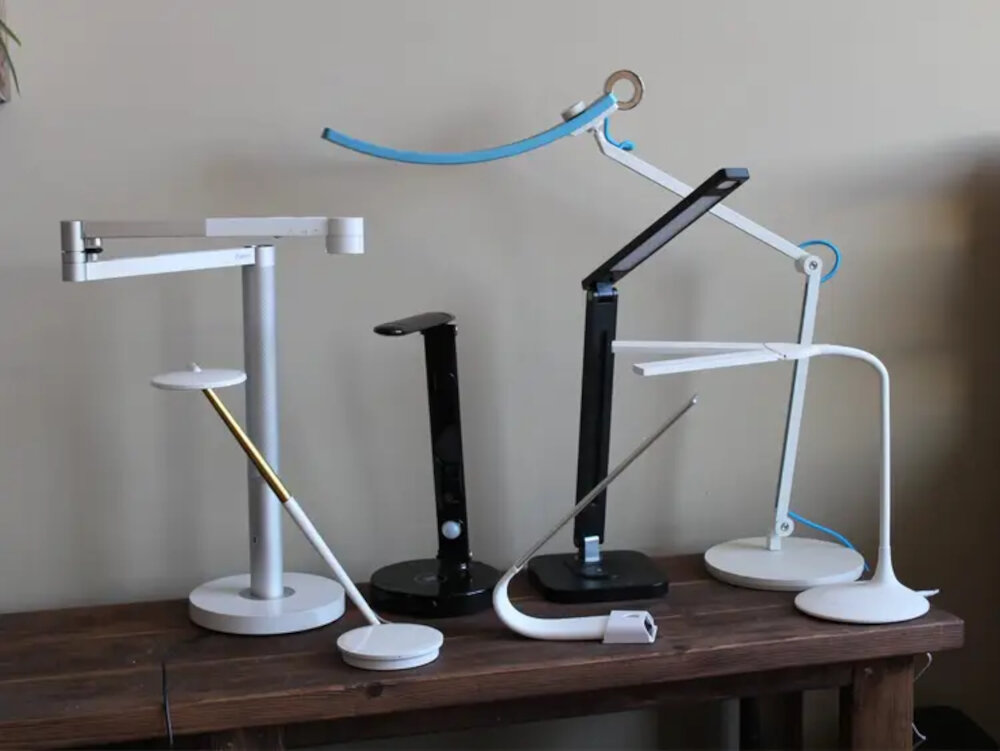
In addition to avoiding blue light before bedtime, there are several other ways to improve sleep quality. One important factor is to establish a consistent sleep schedule. Going to bed and waking up at the same time every day, even on weekends, helps regulate the body’s internal clock and promotes better sleep. It’s also important to create a calming bedtime routine, such as taking a warm bath, reading a book, or practicing relaxation techniques like deep breathing or meditation. Avoiding caffeine and alcohol before bedtime can also improve sleep quality, as they can disrupt the natural sleep cycle and cause wakefulness during the night. Another way to improve sleep quality is to create a comfortable sleep environment. This includes a cool temperature, comfortable bedding, and a quiet and dark room. Investing in a quality mattress and pillows can also make a significant difference in sleep comfort. Additionally, exercise and physical activity during the day can improve sleep quality by promoting relaxation and reducing stress. However, it’s important to avoid exercising too close to bedtime, as this can actually make it more difficult to fall asleep. By implementing these strategies, along with avoiding blue light before bedtime, individuals can improve their overall sleep quality and wake up feeling more refreshed and energized.
The sleep environment is crucial for getting quality rest. It includes factors such as temperature, lighting, noise level, and bedding. One crucial aspect of the sleep environment is avoiding blue light exposure, which can negatively affect the body’s natural sleep-wake cycle. Blue light is emitted from electronic devices such as smartphones, tablets, and laptops, and can trick the brain into thinking it is daytime, making it harder to fall asleep. By creating a sleep-conducive environment that promotes relaxation and reduces blue light exposure, individuals can improve the quality and duration of their sleep, leading to better overall health and wellbeing.
Developing healthy sleep habits is essential for ensuring a restful night’s sleep. One of the most important habits is avoiding blue light exposure before bedtime. Blue light, emitted by electronic devices such as smartphones and laptops, can disrupt the body’s natural production of melatonin, a hormone that regulates sleep. To promote better sleep, it is recommended to limit screen time before bed and use blue light-blocking glasses or filters on electronic devices. Additionally, establishing a consistent sleep schedule, creating a comfortable sleep environment, and practicing relaxation techniques such as meditation or deep breathing can contribute to a more restful and rejuvenating night’s sleep.
Relaxation techniques can help you calm your mind and body, promoting better sleep. These techniques can include deep breathing exercises, progressive muscle relaxation, and visualization. Deep breathing exercises involve taking slow, deep breaths and exhaling slowly, which can slow down your heart rate and relax your muscles. Progressive muscle relaxation involves tensing and then releasing different muscle groups one at a time, which can help relieve tension in your body. Visualization involves imagining a peaceful scene or scenario, which can help distract your mind from stressful thoughts and promote relaxation. Practicing these techniques regularly can help you manage stress and improve the quality of your sleep.
Getting enough sleep is crucial for maintaining good physical and mental health. During sleep, our body repairs and restores itself, and our brain processes and consolidates memories and learning. Lack of sleep can lead to a range of health issues, including obesity, diabetes, cardiovascular disease, and depression. Additionally, poor sleep quality can affect our mood, cognitive performance, and productivity. In today’s digital age, blue light exposure from electronic devices can disrupt our sleep-wake cycle, making it harder to fall asleep and stay asleep. Therefore, avoiding blue light before bedtime can improve the quality and quantity of our sleep and ultimately enhance our overall well-being.
Blue light is a type of light that has a shorter wavelength and higher energy than other types of light. It is emitted by electronic devices such as smartphones, tablets, and computers. Exposure to blue light can have negative effects on our sleep quality, as it suppresses the production of melatonin, a hormone that regulates sleep. When we are exposed to blue light in the evening, our bodies are tricked into thinking that it is still daytime, which can make it difficult to fall asleep and stay asleep. This can lead to feelings of fatigue, irritability, and poor concentration during the day. By avoiding blue light before bedtime, we can improve our sleep quality and feel more rested and alert during the day.
In today’s digital age, electronic devices are ubiquitous, and many of us spend hours staring at screens, particularly in the evening. However, this exposure to blue light can have a detrimental impact on our sleep. Blue light is known to suppress the production of melatonin, a hormone that regulates our sleep-wake cycle. This means that exposure to blue light before bedtime can make it harder to fall asleep and stay asleep, leading to poor quality rest. Additionally, disrupted sleep can have a host of negative consequences for our physical and mental health, including increased risk of obesity, diabetes, and depression. Therefore, it is crucial to make a conscious effort to avoid blue light in the hours leading up to bedtime to ensure better sleep quality and overall health and well-being.
In conclusion, the impact of blue light on our sleep cannot be underestimated. By avoiding blue light exposure before bedtime, we can improve our chances of getting a good night’s rest. This can be achieved by using blue light blocking glasses, adjusting the settings on electronic devices, or simply avoiding screens altogether in the evening. Other lifestyle changes such as practicing relaxation techniques or creating a comfortable sleep environment can also contribute to better sleep. By prioritizing our sleep and implementing these changes, we can reap the benefits of improved physical and mental health, productivity, and overall well-being.
Conclusion
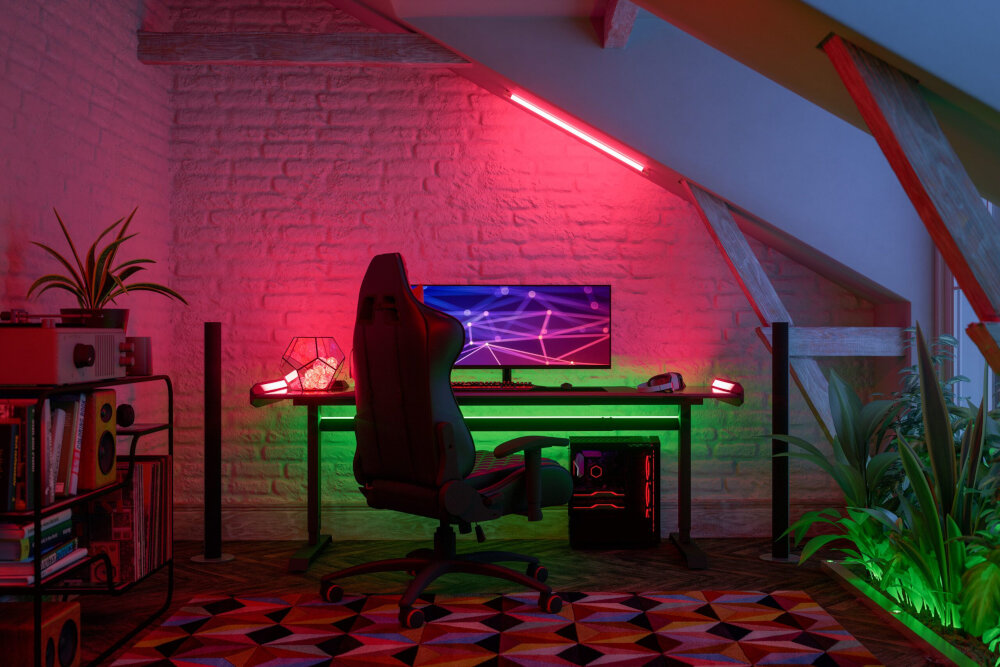
In conclusion, it is evident that avoiding blue light can greatly improve our sleep quality. With the proliferation of electronic devices and screens in our daily lives, it has become increasingly difficult to disconnect from the digital world and allow our minds and bodies to rest. However, by making a conscious effort to limit our exposure to blue light, particularly in the hours leading up to bedtime, we can promote healthy sleep habits and reap the benefits of a more restful night’s sleep. So, let’s prioritize our sleep health by minimizing blue light exposure and create a more conducive environment for a rejuvenating and refreshing slumber.

